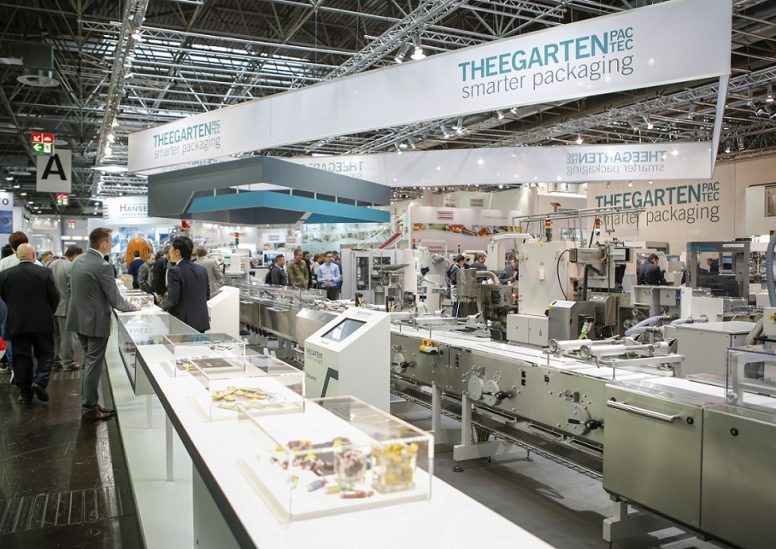Middle East Packaged Food Demand Could Climb 21% By 2026.
- Sept. 20, 2022
- FMCG HORECA BUSINESS

The packaged food market in the Middle East accounts for five percent of the world’s total consumption of packaged goods, and is seeing rapid expansion. This increased demand is anticipated to climb by an additional 21% by 2026, reaching 44 million tons. According to market statistics, the area has become a rising market for the sector, prompting them to embrace new packaging and processing technologies and increase their production levels.
The Middle East contributes heavily to the consumption of packaged food, with Saudi Arabia accounting for slightly under 30 percent, Iraq and the United Arab Emirates following closely behind. According to reports, consumption is expected to increase in these areas, with Iraq’s consumption increasing by 28%, Saudi Arabia’s by 22%, and the UAE’s by 19%.
According to the VDMA Food Processing and Packaging Association, regional imports of food processing and packaging equipment increased by more than eight percent in 2021. The main three suppliers of this machinery are Italy, Germany, and China, with Italian manufacture accounting for 28%, Germany for almost 20%, and China for 12% of the machinery and equipment.
In addition, ‘Baked Goods’ has been deemed the market’s biggest product category, as sales are projected to expand by an additional 20% between 2021 and 2026, reaching 18 million tons. This is followed by ‘Dairy Products,’ the second biggest product category, whose sales are projected to expand by 19% in 2026, as well as rice, pasta, and noodle products, whose sales are projected to increase by 25% in 2026. Similarly, the confectionery category is expected to increase by 14% to reach 0.5 million tons in 2026.
Industry experts from the Middle East market have been invited to the Interpack 2023 exhibition, one of the world’s leading innovators in packaging materials and machinery for the food, beverage, confectionery, bakery, pharmaceutical, cosmetics, non-food, and industrial goods sectors. These reports indicate that the sector will experience significant growth in the coming years. Over 2,700 exhibitors from across the globe will gather at Messe Düsseldorf in Germany from 4 to 10 May 2023 to invest in constructing and increasing production capacity, as well as discovering and implementing the newest packaging innovations.
In addition, firms will be able to concentrate on developing a circular economy, better resource management, embracing digital technologies, and ensuring product safety. Moreover, this is consistent with the fast rise in worldwide demand for machinery and equipment used in the manufacturing, processing, and packaging of food, drinks, pharmaceutical, and cosmetic items.
Interpack Project Director Thomas Dohse said, “Interpack is the platform for all the newest technological advancements, and we are thrilled to bring it back for Interpack 2023.” Due to the fact that our last event attracted a substantial number of GCC visitors, we anticipate a similar attendance at the future event. The regional market for packaged food has witnessed tremendous expansion and is well-positioned to investigate and implement the most recent packaging technologies that may have a beneficial influence on the industry.”
The Middle East has become an important market for the packaged food industry, and its participation at Interpack 2023 will continue to shape the future direction of the sector. Despite the challenges posed by the COVID-19 pandemic, Interpack 2023 will return to demonstrate the strength of the packaging industry while providing a unified platform for companies to network and explore the latest trends, which will undoubtedly assist businesses in directing the market’s future.



